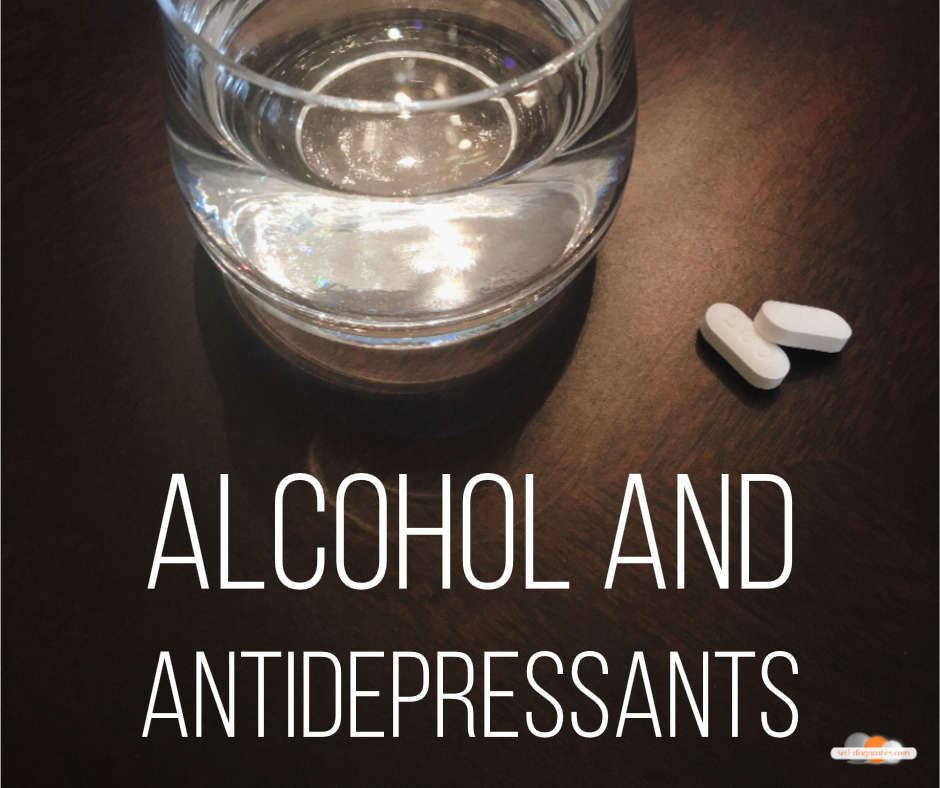Mixing antidepressants and alcohol
There has been an overwhelming increase in the number of burnouts, depression and anxiety cases all over the world. Social pressure, careers, family problems, financial challenges, and the search for identity and meaning: all of these can allow for the aforementioned mental health issues to creep into one’s life; often hand in hand with alcohol consumption. There is a persisting misconception that alcohol dulls the symptoms of depression, when in fact it can worsen the condition. Many people remain unaware of this, and prefer to numb themselves with either alcohol alone or in conjunction with antidepressants. Awareness of this issue is of utmost importance. In truth, there are numerous side effects that can crop up when mixing these two substances and the consequences might not be worth the trouble.
Alcohol has negative effects even when consumed by itself: decreasing the quality of sleep (although it gives the false impression that it doesn’t), inducing sedation/anger, creating hangover effects (headaches, nausea and vomiting) which in turn worsen the symptoms of depression, and cause weight gain, high blood pressure, etc.
Antidepressants are drugs used for the treatment of major depressive disorders by alleviating symptoms, but these are often also prescribed for conditions like social anxiety disorder, dysthymia, chronic pain, eating disorder, etc. These are used at the highest rates in the United States, but some European countries like Iceland, Denmark, Sweden or Portugal are not lagging far behind.
Mixing antidepressants with alcohol is not only ineffective in its purpose (as it counteracts the effects of the antidepressants), but it can also become dangerous, depending on the amount and type of substances combined. The following situations might occur:
- You may feel even more depressed or anxious
The combination of antidepressants with alcohol can actually make one feel more depressed afterwards. As alcohol acts like a sedative that slows down the nervous system, it can actually also prevent the antidepressants from doing their job. There is a misconception that alcohol lifts up the mood; it does but that is just a short term effect of it.
- You may have trouble sleeping
Just as in the case of depression and anxiety, there is a misunderstanding between alcohol helping one to fall asleep more easily (short term effect) and actually aiding sleeping well throughout the night. Even though alcohol might induce a sleepier state, it actually disturbs sleep quality during the night which does not only affect one’s overall health and mood, but actually has long term effects physically and promotes depressive tendencies.
- Increased medication side effects
Antidepressants alone can cause a certain range of side effects, the risks of which are increased by adding alcohol to the equation. Some of these side effects include nausea, restlessness, nervousness, sedation, impaired thinking or extreme drowsiness.
Read the other two threatening consequences on https://www.self-diagnostics.com/en/blog.
